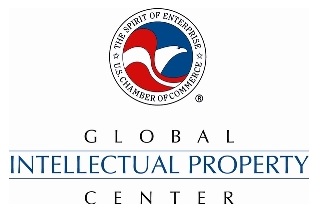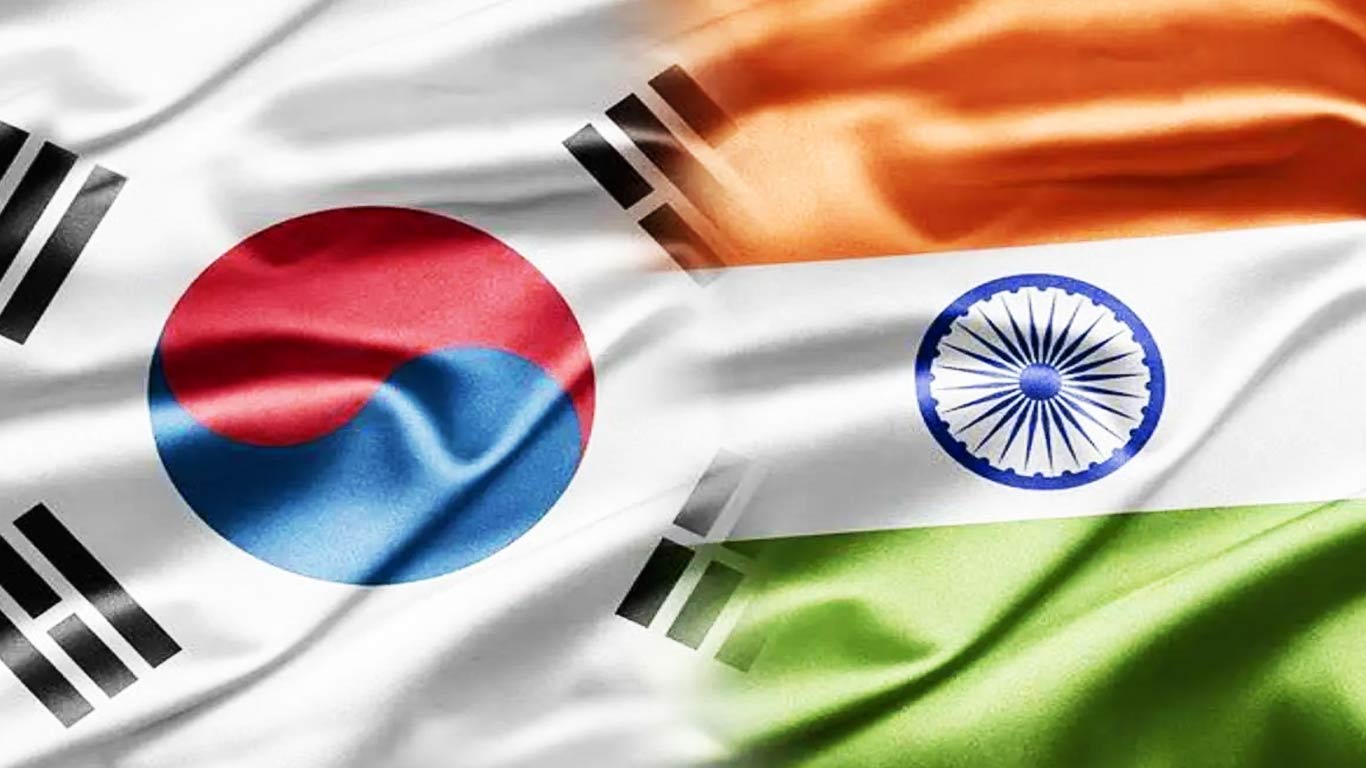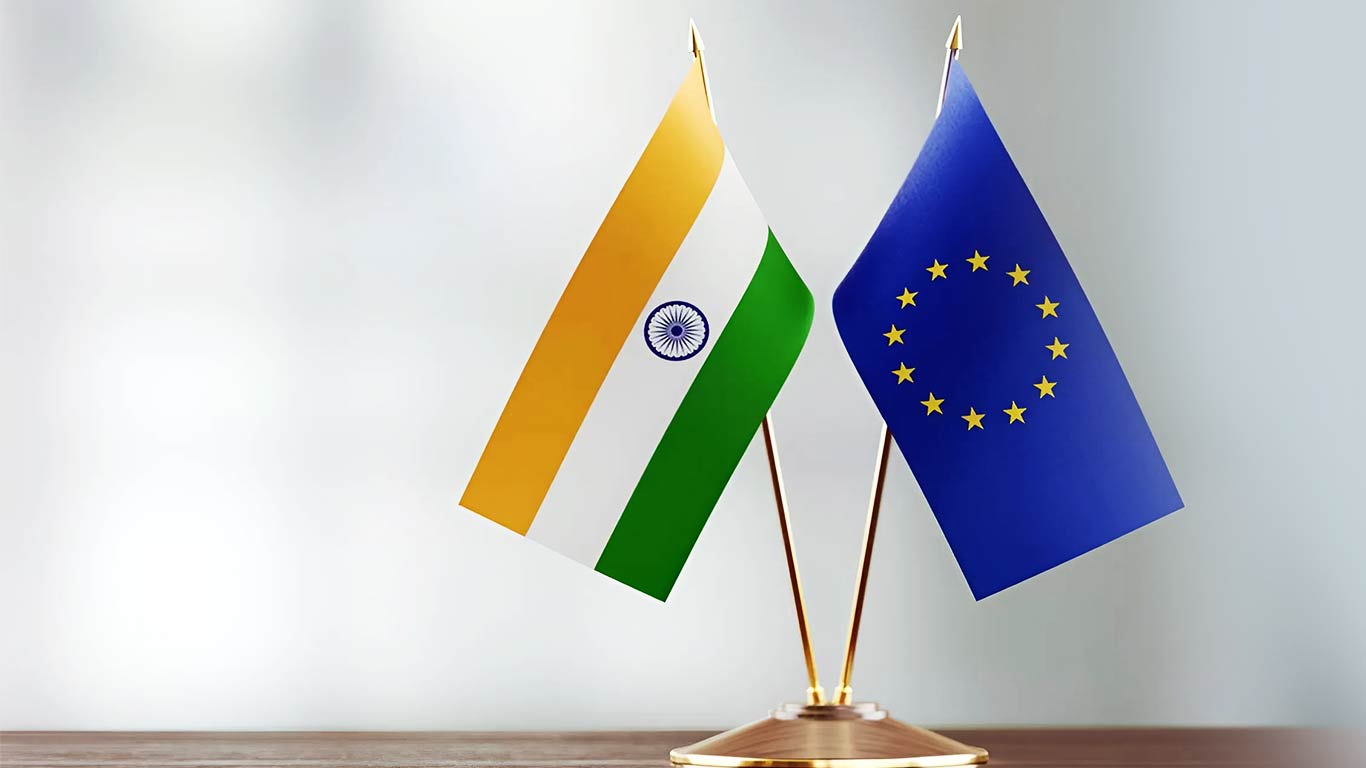India bottoms index of Global Intellectual Property for second time
Updated: Jan 30, 2014 04:34:30pm

According to the US Chamber of Commerce's latest GIPC IP Index, India scored 6.95 points out of a maximum 30, US topped with 28.5 amongst the survey of 25 countries.
“Unfortunately, along with these opportunities we also see countries take steps backward on IP. India, which again finished last in the second edition of the Index, continues to allow for the deterioration in its IP climate,” said President and CEO of GIPC US Chamber of Commerce, David Hirschmann.
“And countries like Canada, Brazil, and South Africa for example, continue to avoid opportunities to promote and protect IP—to their detriment,” he added.
The GIPC Index provides an updated roadmap for economies seeking to create jobs, promote innovation, ensure safety, and provide access to the creations and inventions of the 21st century.
This snapshot is an important tool to assess where countries currently are on IP, and helps inform the debate on how the counties can move towards an innovative and knowledge-based economy, said the chamber chief.
Similar to the inaugural index, India continued to score lowest, most notably in categories relating to patents, copyrights and international treaties in the second edition of the chamber's GIPC index.
According to their official release, out of every country having been documented in both the 2012 and 2014 GIPC Index, India finished last in both editions, as the country continues to allow for the deterioration of its IP climate.
"Despite its declared competitive agenda to embrace 'Decade of Innovation', India is heading towards the wrong path to undermine all IP rights, stifling India's investment, international trade, and India's own innovative potential," the report said.
"The continued use of compulsory licenses, patent revocations, and weak legislative and enforcement mechanisms raise serious concerns about India's commitment to promote innovation and protect creators," it added.
The report evaluates 30 factors indicative of an IP environment that fosters growth, including protection and enforcement of patents, trademark, copyrights, trade secrets, and participation in relevant international treaties.
The report further said, “While a number of countries have taken positive steps toward improving their IP environments, some countries have taken steps backward that will stifle innovation and arrest the ability of creators and inventors to have their IP protected.
“India continues to have the weakest IP environment of all countries included in the Index. Despite the 2010 declaration by the then-President of India that the next 10 years will be India’s “Decade of Innovation” the continued use of compulsory licenses, patent revocations, and weak legislative and enforcement mechanisms raise serious concerns about India’s commitment to promote innovation and protect creators,” added the report.
Most high-income economies—with notable exceptions, such as Canada, New Zealand, Chile, and the United Arab Emirates (UAE)—have robust national IP environments in place. And while many middle-income and lower-middle income economies have introduced important reforms in key areas of IP rights, as a whole there is still a significant way to go. This is illustrated by no middle-income country achieving a score of 50 per cent or more of the Index, said the report.
Only Malaysia and Mexico come closest, with total scores of just more than 14; all remaining countries score under 47 per cent of the Index. Overall, the weakest total national IP environments are in the lower-middle-income countries, such as Vietnam, Indonesia, Thailand, and India. (KNN/SD)











